Phil Coulthard - Java for RPG Programmers: 3rd edition
Here you can read online Phil Coulthard - Java for RPG Programmers: 3rd edition full text of the book (entire story) in english for free. Download pdf and epub, get meaning, cover and reviews about this ebook. year: 2012, publisher: MC Press, genre: Computer. Description of the work, (preface) as well as reviews are available. Best literature library LitArk.com created for fans of good reading and offers a wide selection of genres:
Romance novel
Science fiction
Adventure
Detective
Science
History
Home and family
Prose
Art
Politics
Computer
Non-fiction
Religion
Business
Children
Humor
Choose a favorite category and find really read worthwhile books. Enjoy immersion in the world of imagination, feel the emotions of the characters or learn something new for yourself, make an fascinating discovery.
- Book:Java for RPG Programmers: 3rd edition
- Author:
- Publisher:MC Press
- Genre:
- Year:2012
- Rating:3 / 5
- Favourites:Add to favourites
- Your mark:
Java for RPG Programmers: 3rd edition: summary, description and annotation
We offer to read an annotation, description, summary or preface (depends on what the author of the book "Java for RPG Programmers: 3rd edition" wrote himself). If you haven't found the necessary information about the book — write in the comments, we will try to find it.
As the roles of Java in business and e-business applications continue to grow, all iSeries and AS/400 IT professionals have a choice to makelearn Java or get left behind. Programmers, development managers, and architects who want to stay on the cutting edge of their careers must learn how to use and understand Java. IBM is not abandoning RPG, but more and more Java is finding a role in leading-edge applications. For an RPG programmer, learning Java can be daunting, but with the right help, its a skill that can be mastered. This completely revised and updated edition offers that help by gently yet comprehensively teaching the Java language and core Java-supplied functionality.
Phil Coulthard: author's other books
Who wrote Java for RPG Programmers: 3rd edition? Find out the surname, the name of the author of the book and a list of all author's works by series.

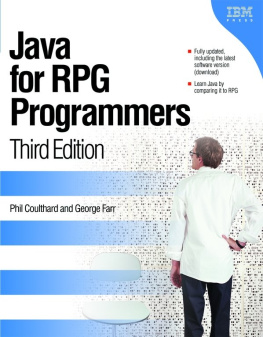
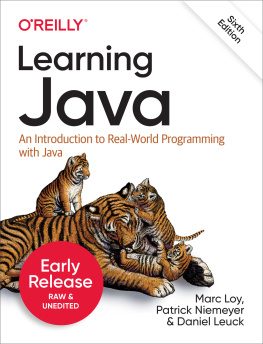

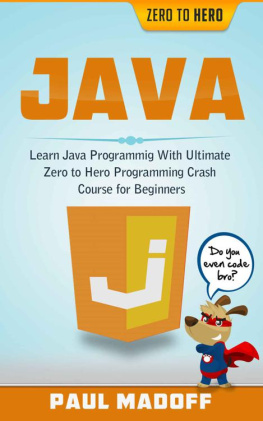
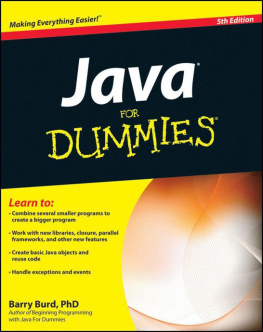
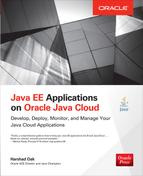

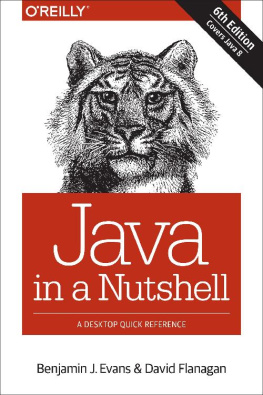
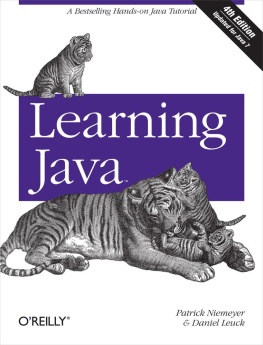
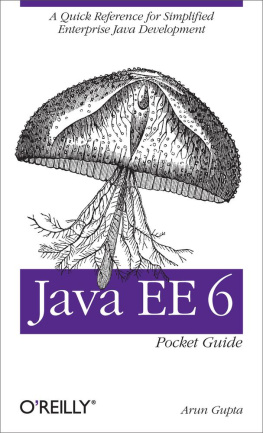
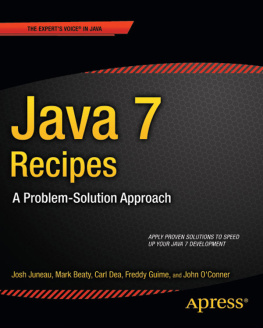
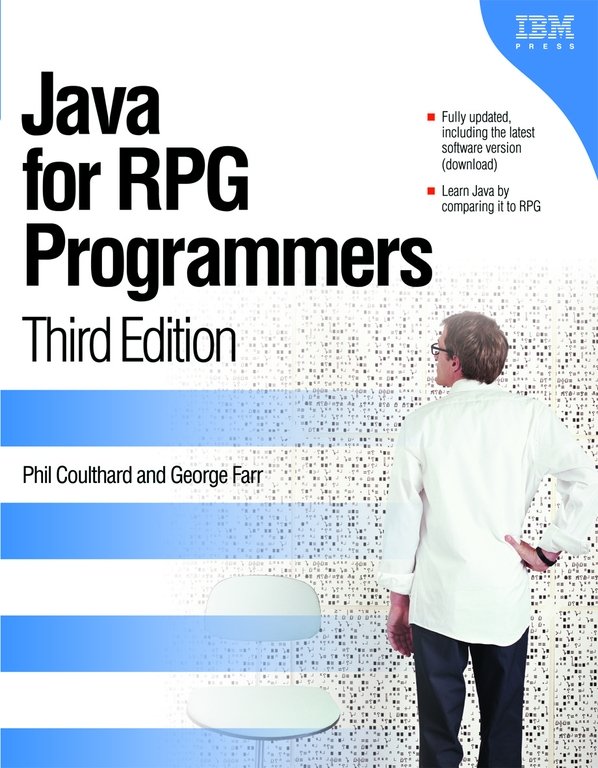
 Maha Masri
Maha Masri